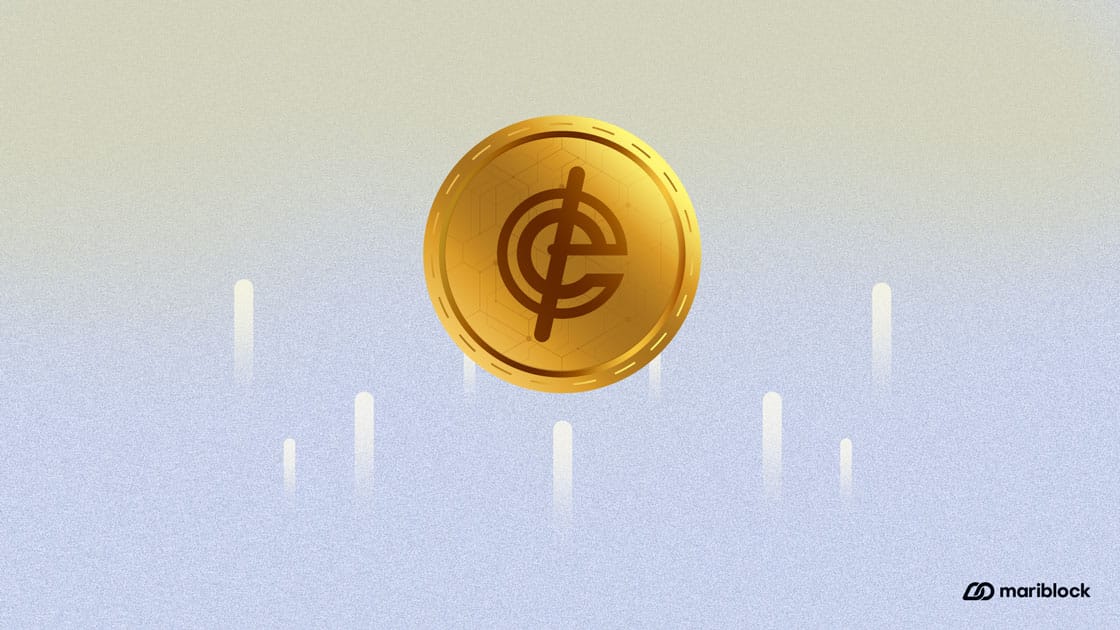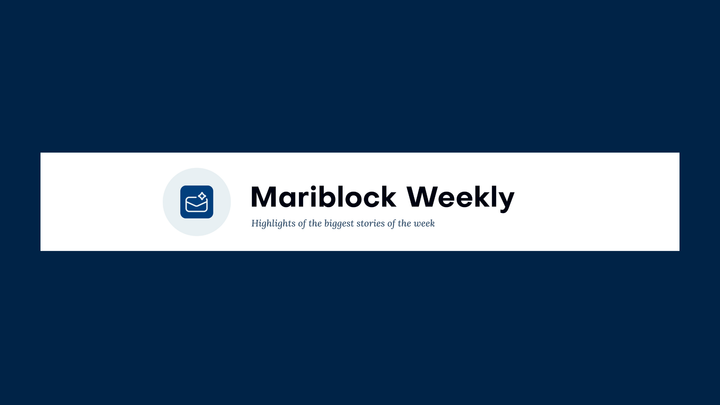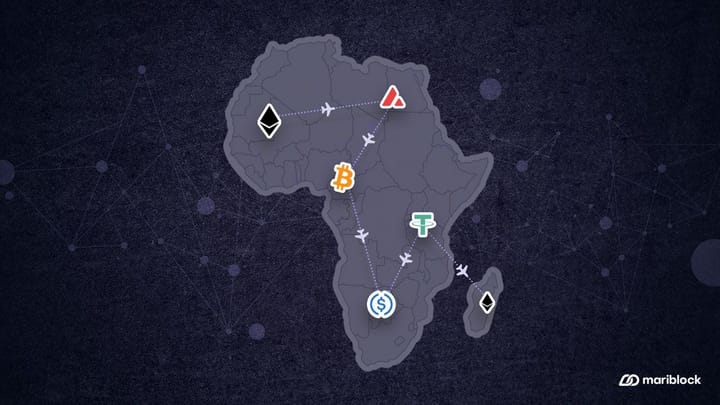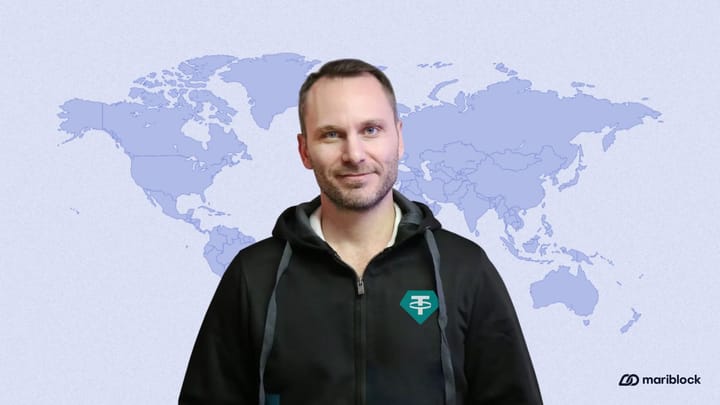Four reasons Ghana is developing the eCedi CBDC
With the eCedi CBDC, the Bank of Ghana hopes to stay relevant in an increasingly digital world. The CBDC is also created for financial inclusion.

African central banks are increasingly showing interest in central bank digital currencies (CBDC). Nigeria already has one, the eNaira. Egypt reportedly plans to launch one in 2023. However, the motivation varies across the continent depending on the realities of the countries, the Bank of International Settlements (BIS) found in a 2023 survey.
For some, a CBDC is a way to provide an alternative currency to rival a rapidly devaluing currency. For others, it is a way to attract foreign investment. For the Bank of Ghana, however, the motivation is to stay relevant in an increasingly digital world and be at the forefront of innovation, according to the bank’s head of fintech and innovation, Kwame Oppong.
Stay up-to-date with the latest blockchain developments in Africa
Why the eCedi?
CBDCs are digital currencies issued and regulated by a country’s central bank. In many cases, they are digital representations of a country’s fiat/paper money.
In 2021, the Bank of Ghana announced it was developing a digital version of the Ghanaian cedi — the eCedi. It has since concluded a pilot test of the currency but has delayed the full rollout of the eCedi due to a “dislocation” of the economy.
Oppong, speaking at the 2023 Africa Money and Defi Summit in Accra, highlighted vital factors influencing the development of eCedi.
Staying relevant in an increasingly digital world
One such reason is that the BoG’s failure to align with global innovations could make it irrelevant in the coming years. Oppong said BoG is concerned about lagging behind and potentially holding back its people with the world becoming increasingly digitalized.
“Some may wonder why we are doing CBDC,” he said. “As we put policies in place so that digital financial services can grow, we could be neglecting the fact that someday in the future, we [BoG] could be the source of inefficiency because we are providing physical form factor of money that is not applicable and relevant in a digital world. How, then, can you go from fiat into that world in a seamless manner? It means we will become the problem someday.”
Financial inclusion
Oppong added that the eCedi is designed to work beyond the last mile of cell connectivity and in places where the extended hands of the internet could not reach. He said that for the eCedi to be truly inclusive, the bank wanted it to work offline.
Why it matters
- Most CBDCs currently in existence or under development are designed to work using internet-based technology.
- However, more than 38% of the world’s population has no access to the internet. In Ghana, 47% of the population had no internet access at the beginning of 2022.
This means that a CBDC can be counterproductive to its own goal of financial inclusion if it is designed to rely on internet access. Oppong said the eCedi was created with the unconnected in mind.
“If we, as a state-mandated institution, issue currency to everyone who lives everywhere, how could we then introduce the currency of the future and neglect those who live beyond the last mile.”
Stay up-to-date with the latest blockchain developments in Africa
Zoom in
- The eCedi is token-based. The BoG mints the tokens and distributes them to intermediaries, who, in turn, get them to consumers.
- For the pilot of the offline version, the bank distributed hardware such as smart cards primarily focused on merchant payments.
- The eCedi tokens were hosted on these hardware objects, and consumers only needed to visit merchants with devices capable of interacting with these hardware objects.
- As such, consumers do not necessarily require a mobile or internet connection before using the eCedi.
Oppong said the offline pilot was a success, adding that the offline eCedi can help the previously financially excluded access other banking services with a digital footprint recorded when they make these offline transactions.
Cost saving
The BoG also believes a CBDC could help cut costs.
Quick facts
- The BoG spent 325 million cedis to print banknotes in 2022. The year before, the bank spent 174 million cedis.
- For a bank that announced it incurred significant losses in 2022, cutting costs on printing hard cash could help it plug some of these losses.
Of note: However, CBDCs themselves can also be costly to maintain, even if there are no estimates on how much it costs to develop and implement a CBDC.
Oppong said:
“For us, our objectives are very clear. Switching from physical to digital saves us a lot more. Let us not pretend we do not have a personal incentive there — we do.”
He added:
“One of the biggest sources of cost is liquidity management. If we can provide a digital version of currency from which you can go into any other form of proprietary value, you save so much more.”
Collaboration on the eCedi
The eCedi is built to accommodate third-party financial technology builders to leverage the CBDC’s system for creating products that serve Ghana’s economy, Oppong stated.
“Our CBDC is built on the idea of enabling the ecosystem so that you [builders] can provide solutions to consumers.”
In the fourth quarter of 2023, the BoG announced a 12-week eCedi hackathon with the central banking infrastructure provider, EMTECH. The hackathon was designed for fintech experts, developers, and innovators to build innovative products on the eCedi and for the Ghanaian ecosystem.
Zoom in
- In an online seminar, the bank announced that the eCedi is not built on a blockchain but on the decentralized open-source proof-of-stake (PoS) distributed ledger technology, the Hedera Hashgraph network.
- The eCedi hackathon lasted till Dec. 15, with the BoG welcoming solutions around nine specific use cases, including consumer-to-business transactions, government disbursements, and products for the eCedi as an instrument for cross-border payments.



